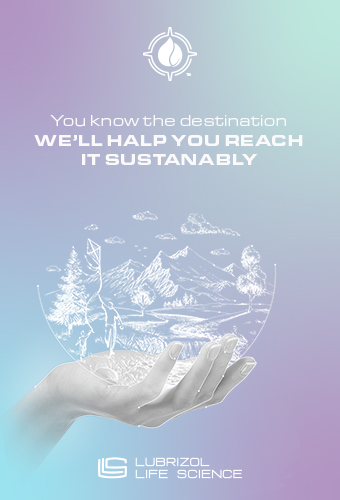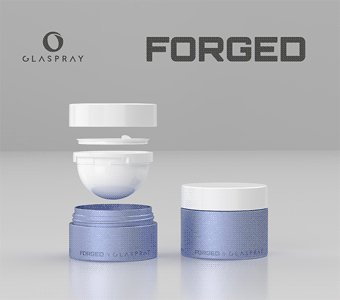Without going back to the times of colonization, Haiti has suffered in recent years from several phenomena that have exacerbated an already extremely precarious situation:
– In terms of natural disasters, the 2010 earthquake caused several hundreds of thousands of casualties, considerable material damage... not to speak of end of summer hurricanes storming through this Caribbean island at regular intervals.
– In terms of politics, national authority under influence, suffering, as in many countries, the throes of corruption and a lack of competence.
– Finally, the international aid: the force deployed by the UN - coined MINUSTAH- enabled to ensure a certain stability and security from 2004, before the decision was taken in 2017 to withdraw its forces permanently... abandoning to gang law a country with no army nor police. In terms of humanitarian aid, despite the billions of dollars generously granted over the last ten years, the presence of dozens of NGOs, nothing has changed structurally in terms of development or food self-sufficiency.

In this context, the vetiver sector stands as an exception, and could actually serve as a model for Western strategists supposed to provide solutions to the developing country.
Vetiver root, used to produce the essential oil, is grown in Les Cayes region (western part of the island) by small independent growers, sometimes grouped into cooperatives, who make a substantial income of it involving several tens of thousands of families in the area. The roots are collected by factories that distil the product before exporting the essence to perfumers and aromatherapy companies around the world.
The essence of vetiver, which is currently traded at more than 350 dollars per kilo represents the country’s first export product and most of all, the only fully transformed product in the list of exported products... other flagship products such as mango, cocoa or coffee are exported as agricultural products, with little or no processing at all.
Haitian Vetiver essence holds another record: the country is currently the world’s leading producer, far ahead of Indonesia, Madagascar or India; the global market represents a hundred tonnes of essence, out of which Haiti insures more than 2 thirds of supplies.
Last, but not least, Haitian essence holds another record: its quality is considered superior to all other grades, by perfumers of leading fragrance houses, and as such, has always enjoyed a premium in terms of price compared to other origins.
Perfumers use mainly two products derived from this miracle root: the essential oil and vetiveryl acetate extracted from the essence after various chemical transformations. (For the production of vetiveryl acetate, the less noble qualities of vetiver essence are used).
The miracle of this sector was not heaven-sent, nor the result of international aid, but the result of 40 years of work from particularly determined local entrepreneurs.
Unfortunately, some clouds are now starting to appear on the horizon of this dazzling success:
– The Les Cayes region - benefiting from the sector’s economic spinoffs - enjoys higher standards of living, compared to other areas of the island, and has so far not been the scene of violent riots or popular uprisings, as is regularly the case in the capital Port au Prince... this privileged status is on the brink of falling apart.
– Political instability coupled with a total absence of law enforcement (since the departure of the MINUSTAH force in 2017) has given the country over - and not just Port au Prince - to the law of gangs, which are getting hold of a growing share of the country’s wealth.
The situation of the vetiver sector, regarding the new harvest season, which is about to start, is a hot issue: distillation plants will soon reopen, and the activity is expected to start again this December.
Social unrest is likely to have a very negative impact on the supply chain of roots. The transport of essential oil from the production area of Les Cayes to the Port-au-Prince airport, where it is exported, is not secured... over 300 kms. The concern is all the more palpable as the US administration (the country’s main historic donor, directly or through the UN) decided to completely disengage from the country... leaving the island adrift.
The perfume industry, in order to protect its sourcing of strategic naturals, but also to contribute to the improvement of local populations’ living conditions, had the good idea in 2008 of grouping itself in a non-profit association named NRSC. The aim was to manage, together, a number of industry issues, i.e., complex situations that a company would never have managed to overcome alone. It seems that this association was dissolved... with the greatest discretion, what a pity!
The heavy dependence of the perfume industry on this specific vetiver essence, undoubtedly brings to mind the scenario of the vanilla sector in Madagascar (a flagship ingredient in food flavourings), stirred for years, by an unprecedented crisis, in its magnitude but also its duration.





























